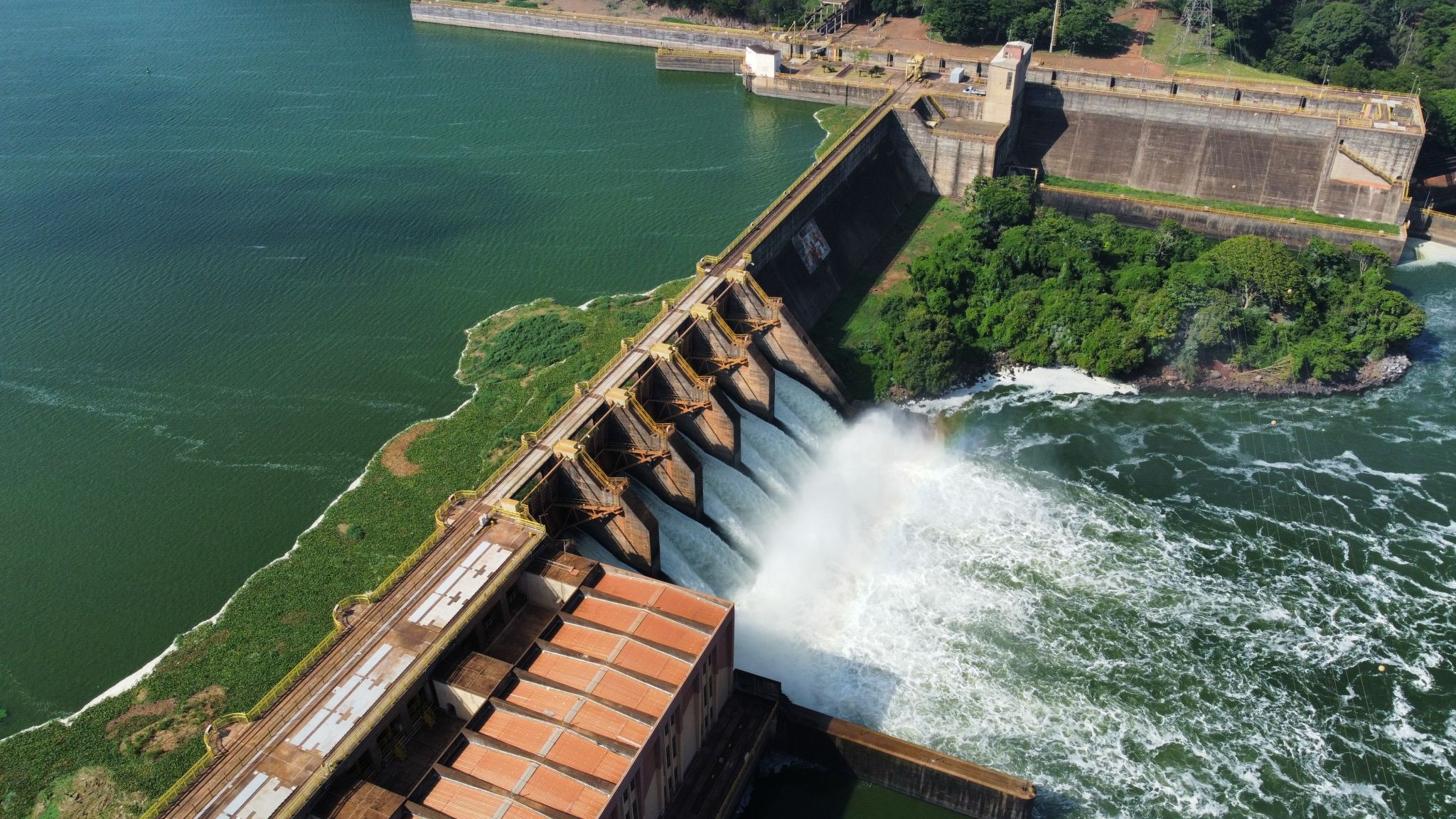Understanding Bitcoin Mining Compliance: A Guide for Washington State
What is Bitcoin Mining?
Bitcoin mining is the process of validating and adding transactions to the Bitcoin blockchain. Miners use powerful computers to solve complex mathematical problems, which in turn secures the network and ensures the integrity of transactions. As a reward, miners receive new bitcoins, making it a lucrative venture for many.
However, Bitcoin mining is not just about setting up a powerful computer and letting it run. It involves various compliance and regulatory considerations, especially when operating in specific regions like Washington State.

Regulatory Environment in Washington State
Washington State has become a hub for Bitcoin mining due to its relatively low-cost electricity and cooler climate, which helps in managing the heat generated by mining equipment. However, the state also has a stringent regulatory framework that miners must adhere to.
The Washington State Department of Financial Institutions (DFI) requires all cryptocurrency businesses, including mining operations, to comply with specific state laws. These include obtaining a Money Transmitter License if the operation involves the transfer of cryptocurrency for clients.

Environmental Regulations
Environmental compliance is a significant aspect of operating a Bitcoin mining facility in Washington. The state's Department of Ecology has set forth environmental regulations to ensure that mining operations do not adversely affect the local ecosystem.
- Miners must ensure that their operations do not lead to excessive energy consumption that could impact local power grids.
- Proper waste management practices must be in place to handle the disposal of electronic waste generated from outdated mining equipment.
Local Energy Policies
The abundance of hydroelectric power in Washington State makes it an attractive location for Bitcoin mining. However, miners need to be aware of local energy policies that may affect their operations. Utility providers like the Chelan County Public Utility District have implemented policies that require miners to pay higher tariffs due to the increased demand for electricity.
It is crucial for mining operations to engage with local utilities early on to understand their specific requirements and ensure they are aligned with energy consumption standards.

Data Privacy and Security
Data privacy and security are also key compliance areas for Bitcoin miners. With cyber threats becoming more sophisticated, miners must implement robust security measures to protect their operations from potential breaches.
This includes using secure software, regularly updating systems, and conducting routine security audits to identify and mitigate vulnerabilities. Ensuring compliance with data protection regulations is vital to maintaining trust within the cryptocurrency community.
Steps for Compliance
For those looking to operate a Bitcoin mining facility in Washington State, following these steps can help ensure compliance:
- Research and understand all relevant state and local regulations.
- Obtain necessary licenses and permits, such as a Money Transmitter License if applicable.
- Engage with local utilities to comprehend energy policies and tariffs.
- Implement environmental and waste management practices.
- Ensure data privacy and cybersecurity measures are in place.
By adhering to these guidelines, Bitcoin miners can operate legally and efficiently while contributing positively to the local economy.
Conclusion
Navigating the regulatory landscape of Bitcoin mining in Washington State can be complex, but understanding and complying with these regulations is essential for success. As the industry evolves, staying informed about new rules and best practices will help miners remain compliant and competitive.
The growth of Bitcoin mining presents opportunities and challenges, but with the right approach, it can be a sustainable and profitable venture in Washington State.
